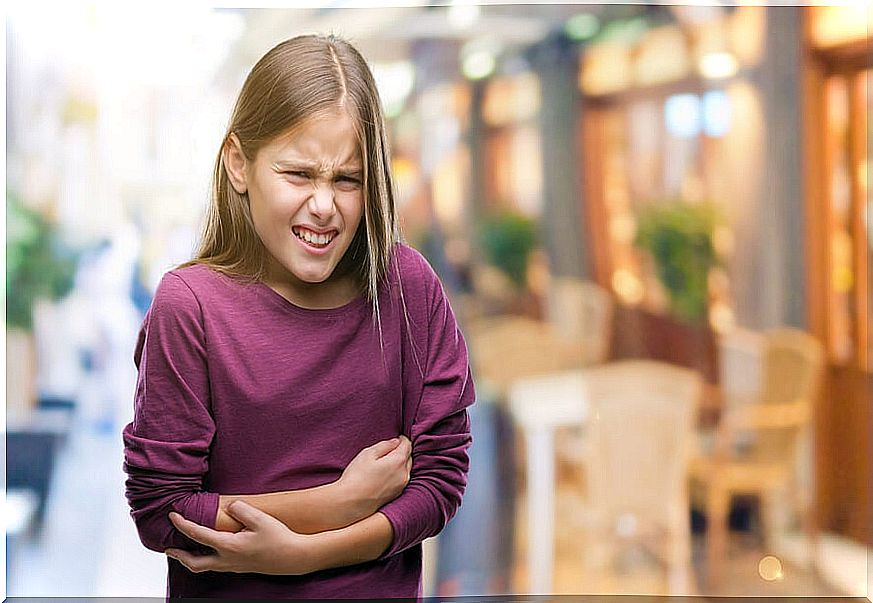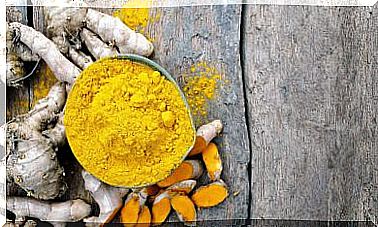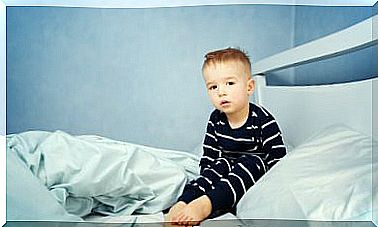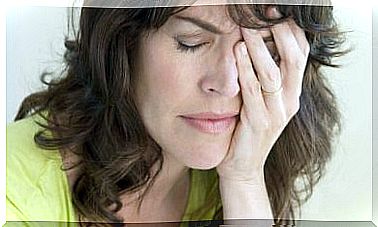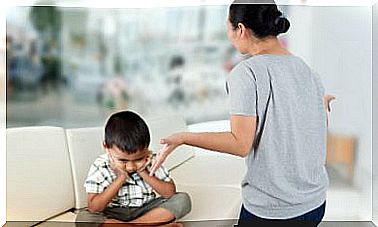How To Deal With A Tummy Ache?
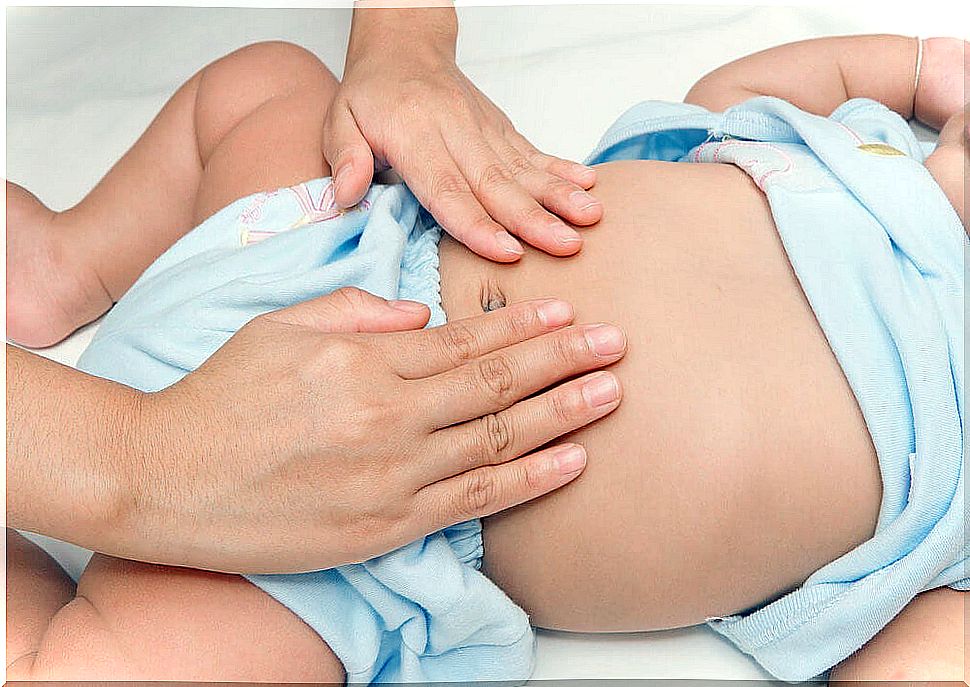
A tummy ache is one of the most common complaints in children. In general, it is a temporary illness, which is not caused by a serious illness and can be treated at home, with certain care.
Strong abdominal pain can sometimes come from mild conditions, such as gas or colic due to epidemic viral gastroenteritis, explains the Spanish Society of Pediatrics.
Describing pain is key
It is important to ask children how they are feeling and ask them to try to describe the discomfort. To help them, we can tell you what the pain can be like: stabbing, like bubbles, and so on. Depending on the description of the pain, the point of greatest intensity, among other aspects, we can determine if the problem is indigestion, gas or a stomach virus.
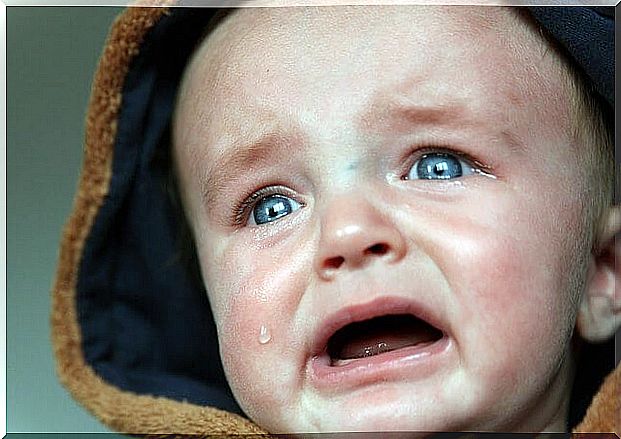
Babies and young children who have not yet developed language cannot describe their pain. With which, it is important to take into account that the discomfort can occur due to:
- Appendicitis.
- Constipation.
- Urinary infections.
- Bowel obstruction or blockage.
- Irritable bowel syndrome.
- Heartburn or acid reflux.
- Food allergies or intolerance.
- Inflammatory bowel disease (Crohn’s disease or ulcerative colitis).
- Intussusception, caused by a part of the intestine that goes into itself.
- Epidemic viral gastroenteritis or food poisoning ( Salmonella, Shigella ).
- Strep throat and mononucleosis can cause abdominal pain in children.
Types of pain
Cramp-like pain is usually not serious and is more likely due to gas and bloating. It is often followed by diarrhea. The most worrisome signs are that the pain occurs more frequently, lasts longer (more than 24 hours), or is accompanied by a fever.
In contrast, colic is pain that occurs in waves of varying intensity and usually begins and ends suddenly.
In babies, prolonged and unexplained crying (often called “colic”) can be caused by abdominal pain. This may go away once you pass gas or pass stool. In these cases, cuddling and rocking the child can provide some relief.
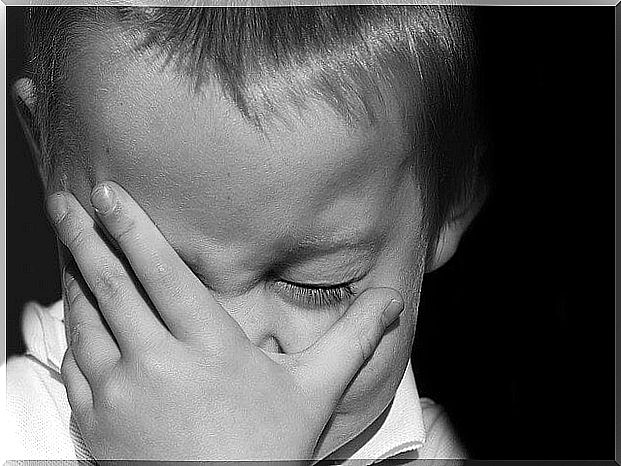
How to treat a tummy ache?
If the discomfort is mild, ask your child to lie down with his legs extended (not bent, as it can increase the discomfort). Caress her abdomen in circular movements (clockwise and then counter-clockwise) to help release any accumulated gases.
You can also ask your little one to drink a few sips of water or other clear liquids while you massage. This will help you pass stool (in case the pain is caused by constipation).
Prevention
- Maintain a stable meal schedule.
- Try to provide children with a balanced diet.
- Try to have small snacks between meals to prevent your stomach from being inactive for a long time.
- Make sure your kids get enough fiber each day (this will help them go to the bathroom regularly).
- Avoid including fried, spicy and excessively spicy foods in your meals.
- During the first hours of the morning, offer soft foods and avoid solids. Some of the most recommended are rice, apple or banana compote and digestive biscuits.
- Make sure children stay well hydrated throughout the day, for this, remind them to drink a little water every so often. Especially if they are physically active.
- Monitor their meals and make sure they chew food slowly and correctly.
- Also, be careful not to eat more than you can or really need.
- Try to rest at least 15 minutes after the main meals.
- This rest should never be done lying down, but sitting or slightly lying down to avoid heavy digestion or indigestion.
- Dinner should be taken at least two hours before sleeping, to avoid affecting rest.
- Avoid drinking caffeinated beverages as well as soft drinks.
- It is also advisable to avoid excessive intake. Especially of sweets, citrus fruits, dairy and tomato.
Long-lasting tummy pain
There is a pathology called long-term abdominal pain, in children it is a frequent reason for consultation in primary and hospital care ; assuming 24% of pediatric consultations.
According to the Spanish Association of Pediatrics between 13-17% of schoolchildren experience abdominal pain at least once a week. It usually occurs at school age, between 5 and 12 years of age.
To diagnose it, the existence of abnormal intestinal reactivity to different stimuli is established: physiological (food, intestinal distention, hormonal changes), nociceptive (inflammatory processes) or stressful psychological (separation from parents, anxiety).
When to consult with the pediatrician?
Regardless of the type of tummy pain the child has, it is essential to consult with the pediatrician about what may be the best treatment. S bove all, if symptoms do not disappear with the passage of time and have severe or accompanied by other symptoms.
